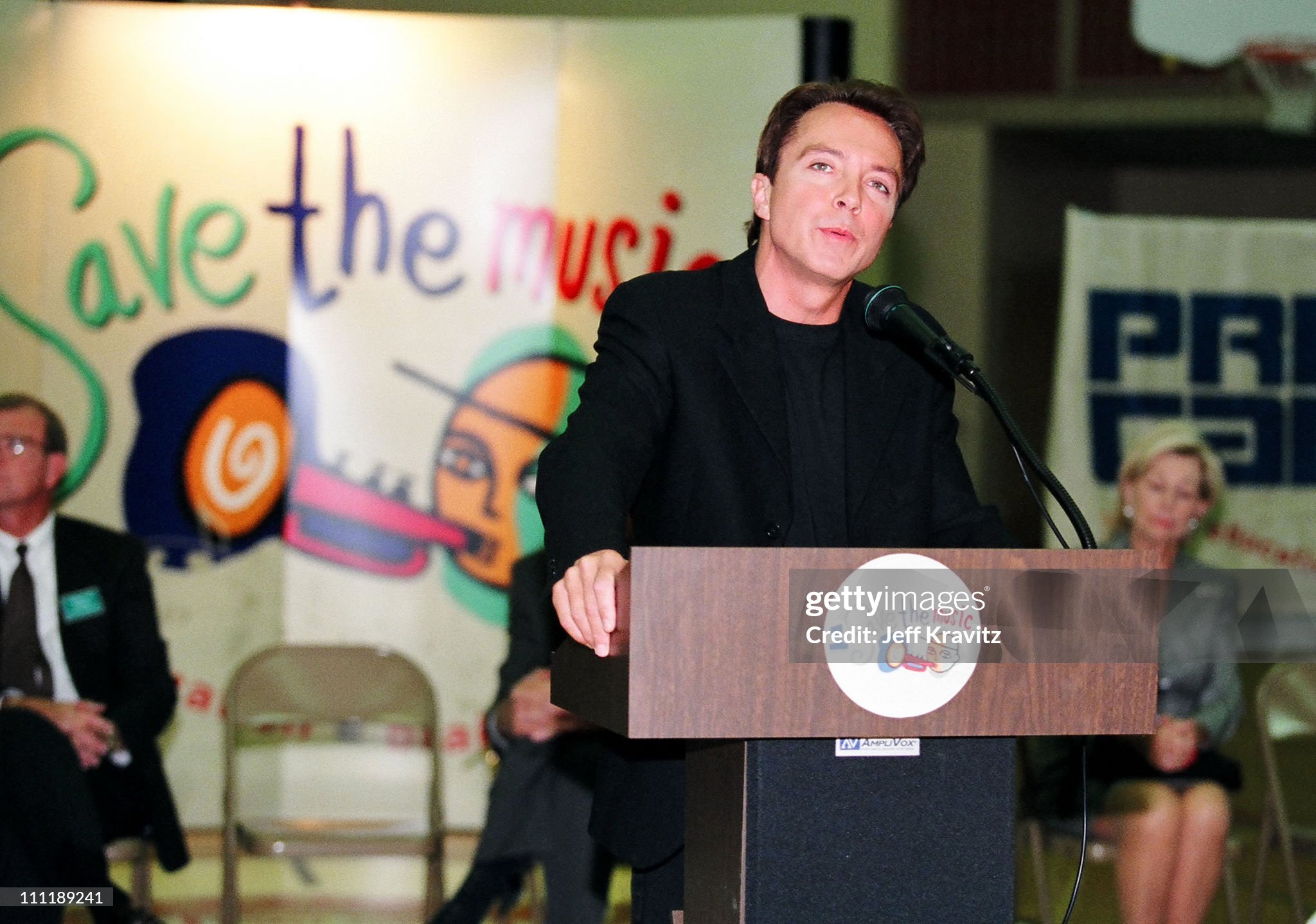
“Hold On Me” is a quiet, late-night plea for steadiness—when pride finally loosens its grip and all that’s left is the simple need to be held, and to hold on.
In the crowded, glossy world of early-’70s pop stardom, David Cassidy ended one of his most successful albums with something unexpectedly intimate. “Hold On Me” isn’t a single designed to storm the radio; it’s the closing track (Track 13) on Dreams Are Nuthin’ More Than Wishes, released in October 1973 on Bell Records, produced by Rick Jarrard. And while the song itself wasn’t issued to chase chart positions, the album that carries it reached a remarkable summit: it hit No. 1 on the UK Albums Chart (dated 15 December 1973). That’s the real “ranking” that frames the song’s place in history—“Hold On Me” is the final word on a record that, for a moment, owned the British winter.
What makes this track especially revealing is how it arrived at the end of that album. Dreams Are Nuthin’ More Than Wishes is often remembered as a thoughtfully curated set—covers chosen with care, originals placed like diary entries—packaged with a fold-out cover and handwritten notes by Cassidy explaining why he selected each song. That detail matters because it tells you the mood in which “Hold On Me” was presented: not as a product, but as a personal closing thought, like the last sentence on a letter you hesitate to sign.
The songwriting credit goes to Michael H. McDonald, who also appears in the album’s personnel, adding Wurlitzer electric piano and backing vocals on the track. In other words, the song isn’t merely “written for” Cassidy; it’s shaped from inside the room, with the writer’s hands on the keys and voice near the microphone. That kind of proximity often changes the emotional temperature of a recording—you can feel when a song isn’t being “handed over,” but lived through as it’s built.
And emotionally, “Hold On Me” behaves exactly like a closing track should. It doesn’t try to outshine the album’s bigger moments; it softens the lights. There’s a particular kind of tenderness that appears only at the end of a record—when the singer no longer needs to impress you, only to leave you with something true. Cassidy sings it as if the night is almost over and the last honest sentence is finally safe to say: life can be a “serious game,” mistakes get made, and yet the heart still asks—quietly, stubbornly—for connection.
The song’s meaning lives in that tension between self-doubt and need. “Hold on me” is not just a romantic request; it’s a request for anchoring. The phrase carries two directions at once: hold on to me (don’t let me go) and hold me (keep me steady). In Cassidy’s world—where public life had already been louder than most people can imagine—the line gains an extra layer. Even without turning it into biography, you can hear an artist trying to step away from the costume of fame and speak in a more private voice. The performance suggests not spectacle, but relief: the relief of being allowed to be uncertain without being abandoned for it.
Musically, it sits in that early-’70s sweet spot between pop and soft rock—warm keys, gentle momentum, a melody that leans forward rather than leaps. And Cassidy’s vocal—so often associated with teenage frenzy in the public imagination—here sounds calmer, more adult, more careful with its own emotions. That’s the subtle gift of “Hold On Me”: it helps you hear Cassidy not as an icon, but as a singer shaping a mood, controlling the room with restraint instead of volume.
It’s also worth noting the symbolism of its placement. Dreams Are Nuthin’ More Than Wishes contains plenty of familiar pleasures—covers that feel like comfort food, melodies that glow with easy charm—yet Cassidy chose to end with a quieter kind of truth. That sequencing feels deliberate, almost cinematic: the curtain falls not on the brightest spotlight, but on a human voice asking for closeness. An album can be full of good songs; a great album knows how to say goodbye.
So when you play “Hold On Me” today, it doesn’t feel like a relic from 1973. It feels like a moment people still recognize: the instant after the conversation ends, when the bravado drains away and you’re left with what you actually meant. The door is almost closed. The night is almost done. And the heart—still brave enough to be vulnerable—asks for the one thing it can’t manufacture alone:
Hold on me.